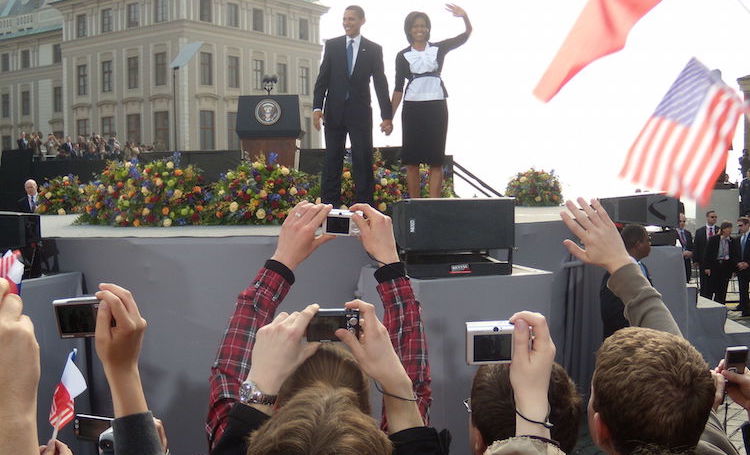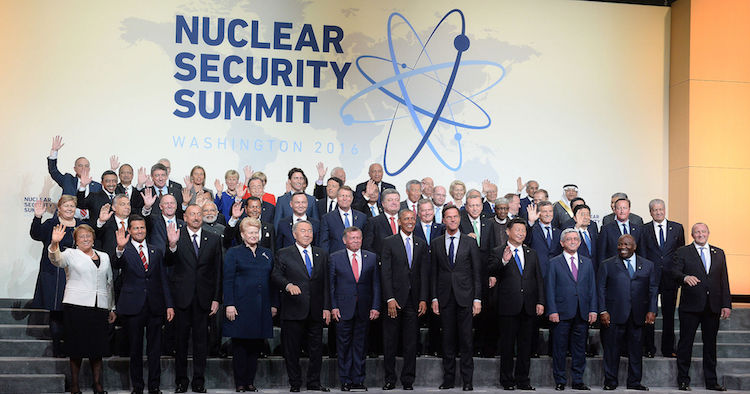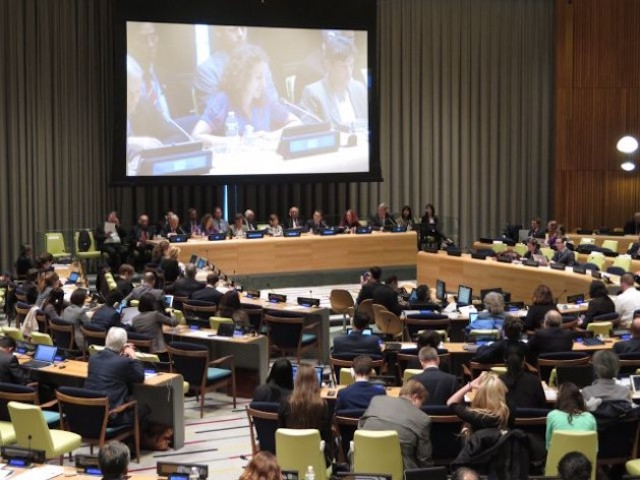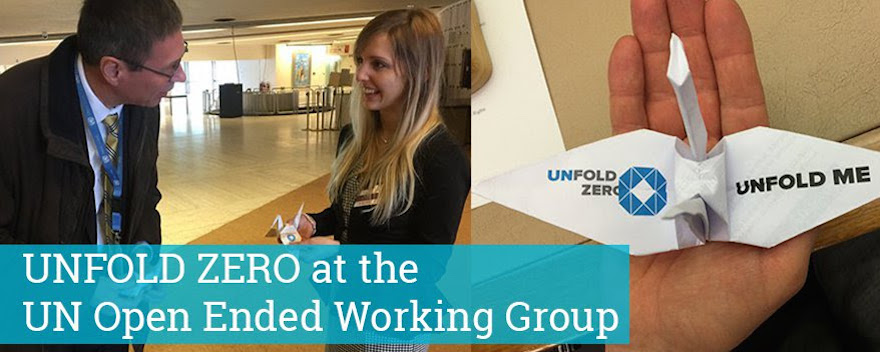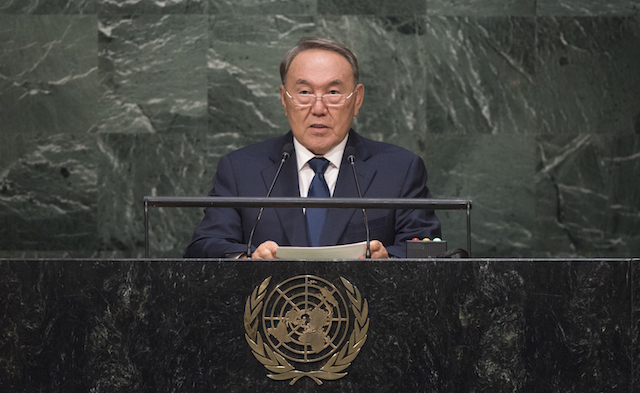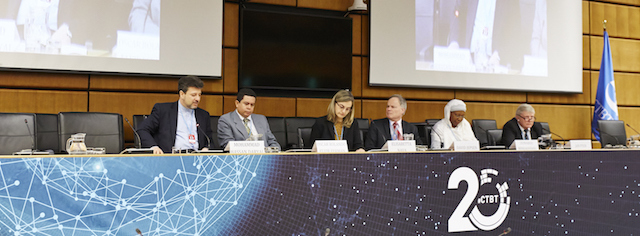Analysis by Jayantha Dhanapala*
KANDY, Sri Lanka (IDN) – In the practice of general medicine a placebo is defined as a medicine or a procedure prescribed for the psychological benefit for the patient – to humour or placate rather than for any physiological or therapeutic effect. U.S. President Barack Obama’s rhetoric in Prague in April 2009 gave the world a tantalizing vision of a nuclear weapon free world: “The existence of thousands of nuclear weapons is the most dangerous legacy of the Cold War …. I state clearly and with conviction America’s commitment to seek the peace and security of a world without nuclear weapons.”
Since then we have had the anti-climax of four Nuclear Security Summits and repeated warnings about nuclear terrorism but no meaningful nuclear disarmament.
Pocketing his prematurely awarded Nobel Peace Prize, the U.S. President has reverted to being the conventional leader of the greatest military-industrial complex in the world spending approximately US $ 610 billion annually of the global military expenditure of US $ 1.8 trillion and a staggering US $ 355 billion over the next ten years on nuclear weapon modernization.

